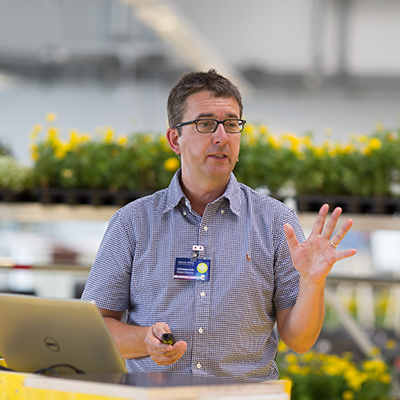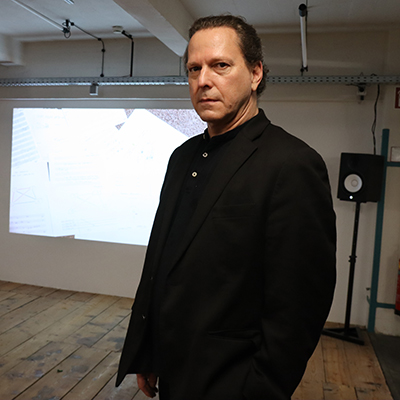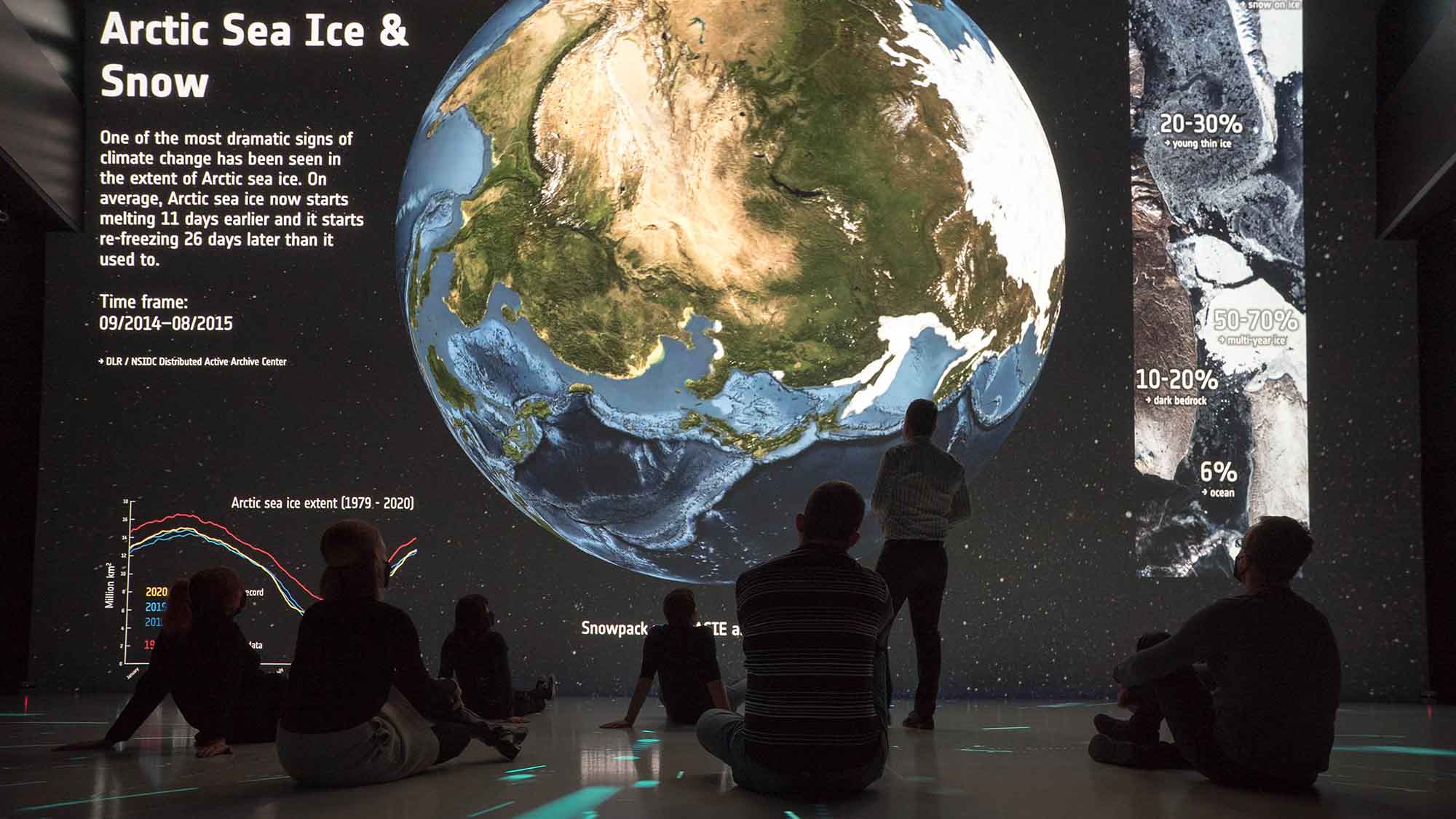The perspective that space affords us of Earth is undoubtedly the most meaningful when it comes to identifying global changes on our planet. Through Earth observation from space, we can clearly see the urgency and invaluable value of this practice in terms of its environmental, socio-economic, and societal benefits. An engaging and enlightening virtual presentation takes us on an inspiring journey to explore current challenges of climate change. Robert Meisner and Nils Sparwasser use impressive satellite images to vividly demonstrate how changes can be documented and assessed in a global context. Their images illustrate the undisputed importance of Earth observation for science and humanity as a whole. The accompanying live piano composition by Rupert Huber enhances the emotional depth of the journey around the world and allows us to feel the connection to the earth in a special way.

Please note: Limited capacity, registration required – in addition to a valid ticket, you need a (free) ticket reservation for the respective event in advance. Reservations for Deep Space 8K events must be scanned on-site no later than 15min before the programme starts.
Warning of Strobe light/intense lighting/loud noise
Language: English

Robert Meisner (DE)
Robert Meisner studied geo-sciences at the University of Munich and holds a PhD from the mathematical faculty of the “Free University of Berlin” in geo-scientific data visualization. He worked at Stanford University in California, University College London and the German Aerospace Centre (DLR) before joining the European Space Agency in Frascati, Italy. Robert has over 30 years of experience in Earth observation from space and has contributed to several space missions. Currently, he is responsible for ESA Earth observation communication and for the exhibition center “Φ-Experience” in ESA’s establishment in Frascati, Italy.

Rupert Huber (AT)
“Rupert Huber is a composer who is best known for his piano music and music installations. He has been travelling the world with his electronic music project TOSCA, for the last 25 years. Numerous collaborations with Ars Electronica have made him well known in the realm of Media Art. For Huber, music is communication, as well as an active state of peace. His theory of composing, called dimensional music, considers physical space and unknown possibilities to create social and participatory music architecture.”
Nils Sparwasser (DE)
Nils Sparwasser is head of the Science Communication and Visualization department at DLR’s Earth Observation Center. He has been involved in the presentation and communication of DLR’s outstanding Earth observation missions and remote sensing projects and, together with his team, has realized films, exhibitions and several illustrated books on the subject. He teaches remote sensing as a guest lecturer at the Catholic University of Eichstätt. The German Aerospace Center, DLR, is the research center of the Federal Republic of Germany for aeronautics and space. It conducts research and development in the fields of aerospace, energy, transport and security. In addition, DLR is responsible for the German space program on behalf of the Federal Government
